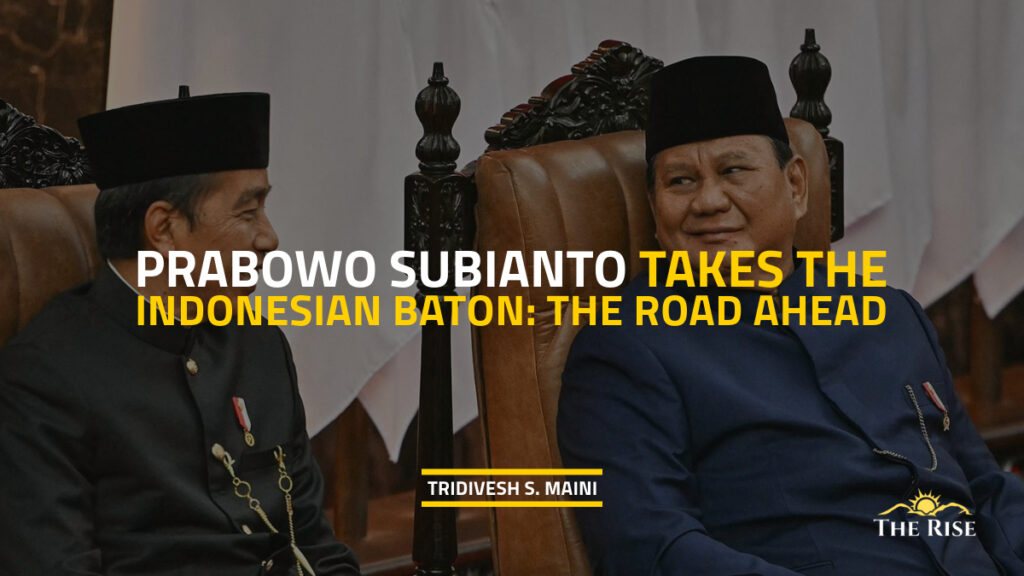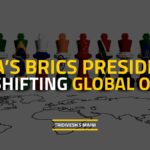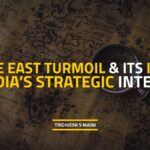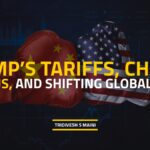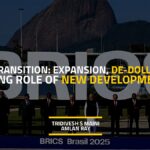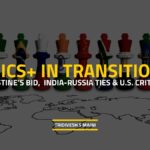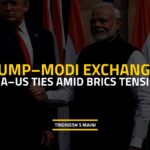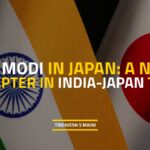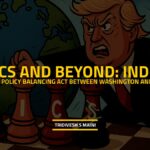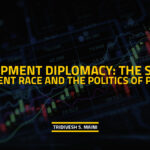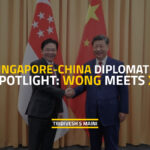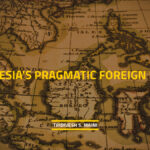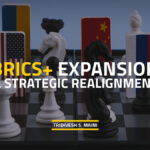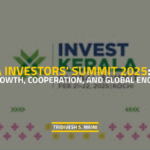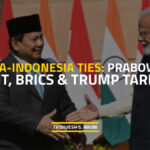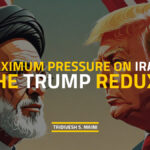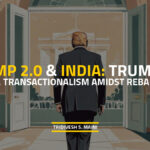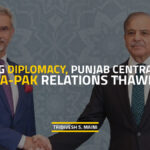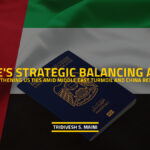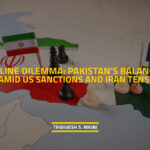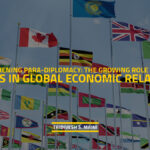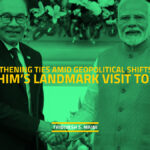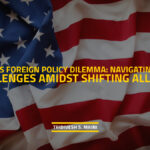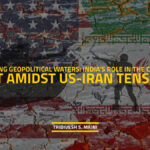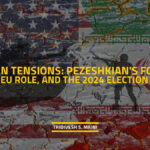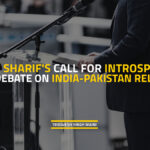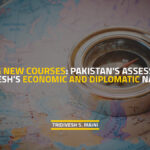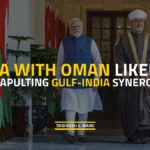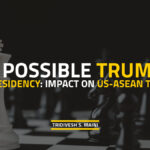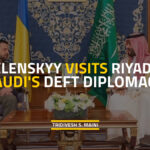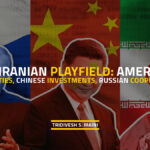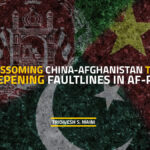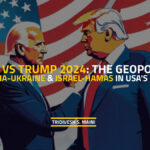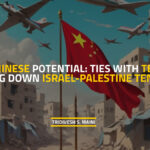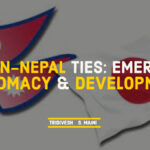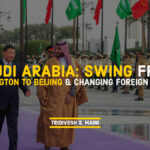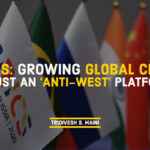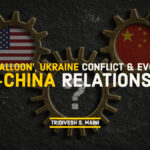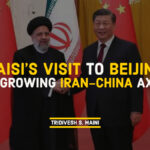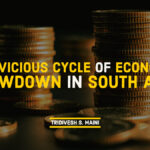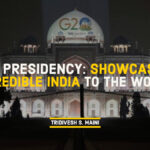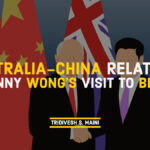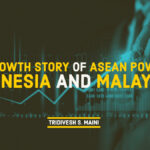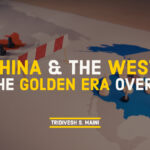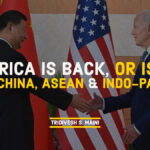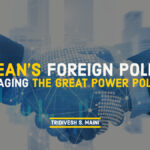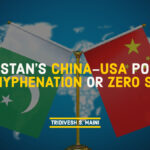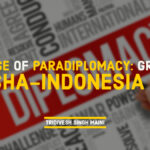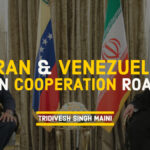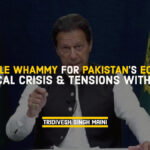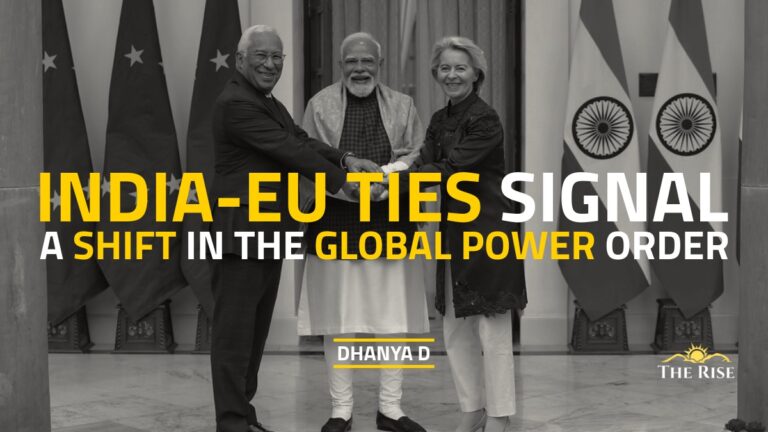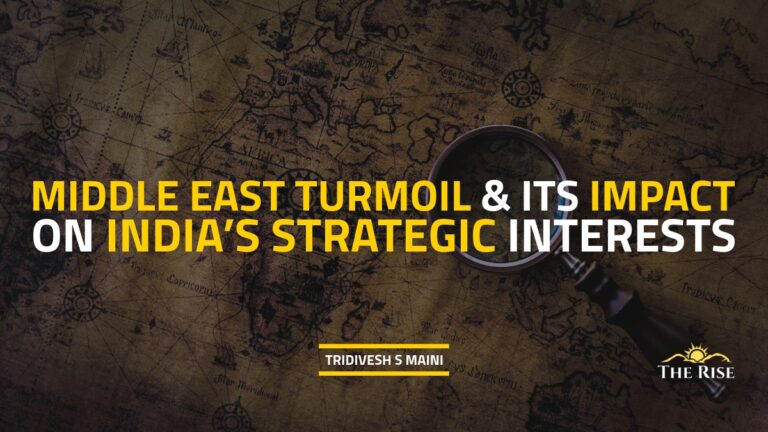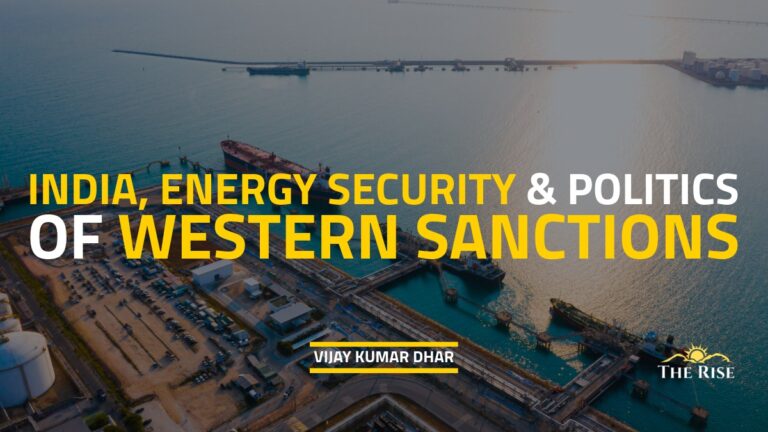Indonesian President Prabowo Subianto was sworn in as the Eighth President of Indonesia on Sunday — October 21, 2024. He takes over at a time when the ASEAN country is passing through an important phase. On the one hand, Prabowo needs to ensure that Indonesia’s economy remains on track. On the other, he needs to provide pragmatic and deft leadership in navigating current geopolitical challenges – including the Russia-Ukraine conflict and the turmoil in the Middle East – as well as long terms geopolitical challenges — such as the US-China rivalry and its impact on the ASEAN region.
Prabowo’s messaging so far
Domestically, the new Indonesian President has underscored the point that he will follow a reconciliatory approach even towards his opponents (he has had a reputation for being mercurial and had a controversial record during his term as Army Chief of the South East Asian nation). While on several economic issues there is likely to be a degree of continuity, there could be some departure too. So far, Prabowo has given the impression that he needs to challenge the status quo and does not believe that the ‘trickle down’ approach is sufficient. While speaking at a summit earlier this month, Prabowo said: “We must have the courage to fix our system. We must ask ourselves what we can do to ensure that Indonesia’s wealth is distributed fairly to all, not just a few. We cannot rely on trickle-down economics. That is too slow,”
Prabowo’s inaugural address focused on reducing economic disparity. He has also set an ambitious target of 8% growth, which many have dubbed unrealistic. Apart from this, Jokowi focused on infrastructural growth. Prabowo may not make a departure but is likely to focus more on welfare schemes (including ambitious free meal and health care programs).
Jokowi focused on infrastructural growth. Prabowo may not make a departure but is likely to focus more on welfare schemes (including ambitious free meal and health care programs).
Jokowi’s emphasis on infrastructure
During Jokowi’s stint as President several airports were built. One of the high-profile infrastructure projects was Nusantara –a new capital, located in East Kalimantan province of the country. While it has been argued that this project – a legacy project of Jokowi – may not be high on Prabowo’s priorities, members of his cabinet have clarified that Prabowo will carry on with the project. The Jakarta-Bandung high speed rail project, funded by China, is another high profile infrastructural project (it is part of the Belt and Road Initiative). It was officially launched on October 17, 2023.
It would be pertinent to point out that Prabowo has retained two important members from his predecessor’s term — Finance Minister Sri Mulyani Indrawati and chief economic minister Airlangga Hartarto.
Also Read: Strengthening Ties Amid Geopolitical Shifts: Anwar Ibrahim’s Landmark Visit to India
Indonesia’s foreign policy under Subianto
Subianto, who served as the Defense Minister under previous president Jokowi, reiterated the point that the ASEAN nation would stick to a non-aligned policy. Said the new Indonesian President: “We will take on the baton of leadership to make Indonesia a strong, prosperous, and independent nation. We do not wish to disturb other countries, just as we expect no other nations to disturb us,”
Like several other Middle Powers – including India — Indonesia had taken a neutral stance on the Russia-Ukraine conflict. Jokowi had invited Russian President, Vladimir Putin, for the G20 Summit in Bali, Indonesia (November 2022) much to the chagrin of the West – though the Russian President did not himself attend the Summit. Jokowi visited both Russia and Ukraine, offering to play the role of peace maker.
Indonesia, while following a balanced foreign policy, has sought to balance ties between US and China. While taking a divergent stance from the US on foreign policy issues, Indonesia has not taken up membership of BRICS+ – a China dominated organisation. Prabowo is likely to carry on with his predecessor’s approach on key foreign policy issues including ties with China.
It would be pertinent to point out that the US Department of Labour had also put Indonesian Nickel on a watch list, saying it was made using forced labour (in 2023, Indonesia accounted for over 40% of global nickel production).
Indonesia, while following a balanced foreign policy, has sought to balance ties between US and China. While taking a divergent stance from the US on foreign policy issues, Indonesia has not taken up membership of BRICS+ – a China dominated organisation. The ASEAN nation, a key player in the Indo-Pacific, has been pitching for a more ASEAN-centric vision for Indo-Pacific strategy.
Prabowo is likely to carry on with his predecessor’s approach on key foreign policy issues including ties with China. He made his first trip to China, in April 2024, after being elected in February 2024. Chinese Vice President Han Zheng attended Prabowo’s inauguration and met with the latter.
Analysts believe that Prabowo Subianto is likely to be more pro-active on key foreign policy issues than his predecessor – given his background.
You May Like: A Possible Trump Presidency: Impact On US-ASEAN Ties
In conclusion, while Prabowo’s key priorities will be domestic, he has his task cut out regarding foreign policy. In recent years, Indonesia like other middle powers, has sought to follow a balanced approach on complex geopolitical issues, as discussed earlier, while giving precedence to its own economic and strategic interests. Several ASEAN nations have also been expressing their concern regarding US-China ties, since they do not want to be pushed into making choices – Indonesia is no exception. It remains to be seen if a possible Donald Trump Presidency will lead to further tensions with China – Indonesia like several other countries is likely to pay close attention to the election results of the US Presidential election. Prabowo is likely to continue with a pragmatic approach towards economic and foreign policy, though, as mentioned earlier, he is likely to face some challenges especially on the geopolitical front.
Disclaimer: The views expressed in this article are of the author solely. TheRise.co.in neither endorses nor is responsible for them. Reproducing this content without permission is prohibited.
About the author
Tridivesh Singh Maini is a New Delhi-based Policy Analyst. He is faculty member of OP Jindal Global University, Sonepat, Haryana.

